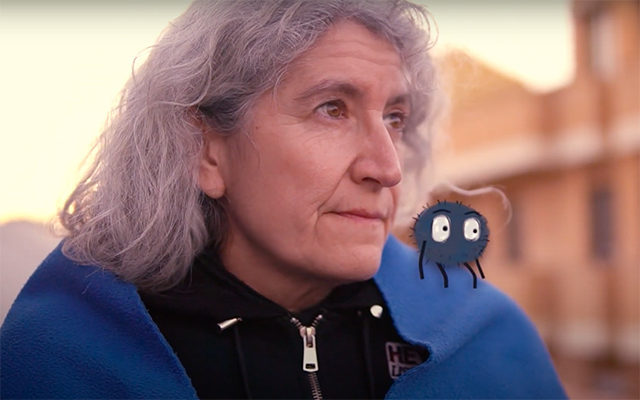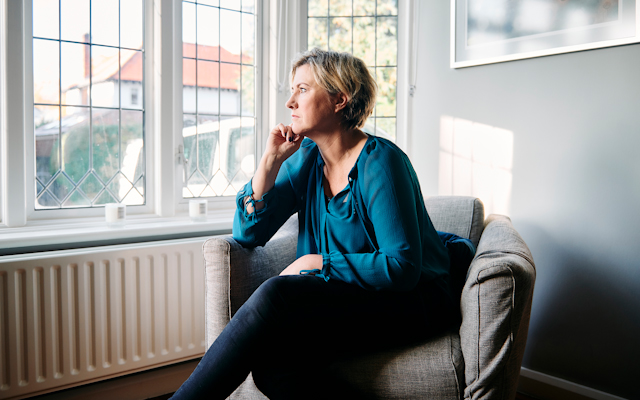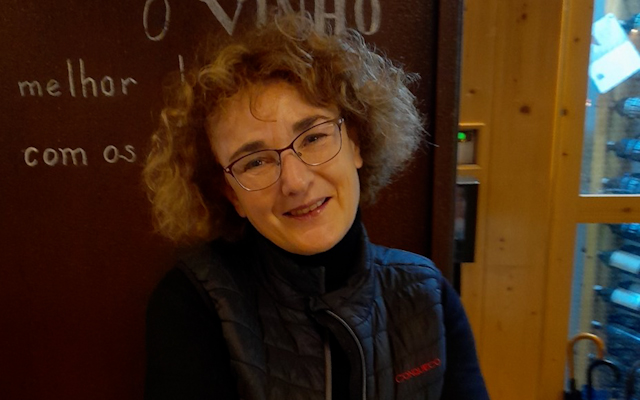
Neurologist Ines Debove and filmmaker Bettina Rotzetter talk about their Parkinson’s awareness video ‘Happy Hour’, share why quality of life was a central theme – and highlight the response from the community
Parkinson’s can impact people in many different ways. Some may experience difficulties walking or speaking while others might encounter problems with sleeping and fatigue, to name just a few symptoms of the condition. This means the impact on quality of life can vary from person to person.
To shine a light on some of these challenges, filmmaker Bettina Rotzetter and neurologist Ines Debove of the Bern University Hospital (Inselspital) created an awareness video supported by Parkinson Schweiz (Parkinson Switzerland).
Titled ‘Happy Hour’, the 24-minute film explores the topic of quality of life through the eyes of those living with Parkinson’s, their relatives and subject matter experts to showcase how the condition can affect each person differently. As the video progresses, cast members share what the term ‘quality of life’ means to them and talk about the impact Parkinson’s has had on their lives and their loved ones.
So, how did ‘Happy Hour’ come to be? As a senior physician working at Inselspital, Ines frequently works alongside people with Parkinson’s. Through her job, she has been able to learn more about the lived experiences of those with the condition. “It is from these encounters that ideas come to me for topics to address and tackle in film projects,” she explains.
“Quality of life plays a key role for people impacted by Parkinson’s. That is why we have chosen this challenging and individual topic.”
Filmmaker Bettina’s expertise also played a crucial role in developing the film, which required extensive forward planning. “You need to research and understand before you can have a vision of how to compose a storyline. Taking a deep dive into the topic is crucial to bring the story to life,” she says. “Ines does this from a medical and scientific perspective, which I admire, while I focus on the visual perspective.”
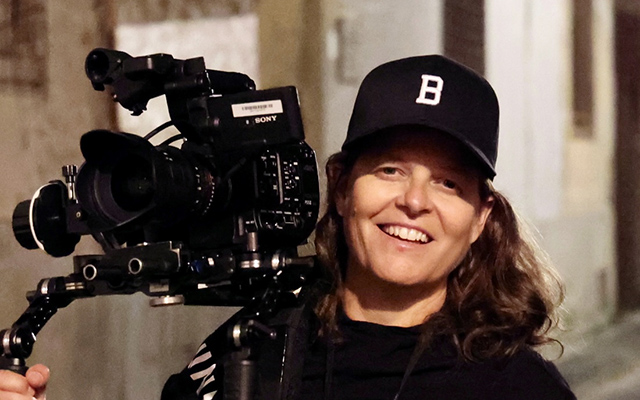
“We all interpret quality of life differently”
Reflecting on the film’s chosen focus, Bettina explains: “We all interpret quality of life differently. This is because quality of life depends on various factors, which are weighted differently by each person. Therefore, what makes one person happy may be completely unimportant to another.
“People often take for granted the simple things that make up their quality of life. When a person is confronted with circumstances in which one of these factors disappears or changes, such as physical health, psychological well-being or level of independence, they often think more and more about these little things. The film helps to show this.”
Several cast members make an appearance in the short film. Among them is Michael, who has been living with Parkinson’s for 15 years. He shares how his quality of life is supported by his passion for taking photos, particularly of the stars at night.
“To capture the play of colours in the atmosphere and the starry sky at the right moment, he climbs mountains and waits in the cold all night for the right moment,” recalls Ines. “As a filmmaker, Bettina wanted to capture Michael on a mountain, so she went up there for a weekend with him. It was an incredible experience for both of them as he showed Bettina his passion and his happy hour.”
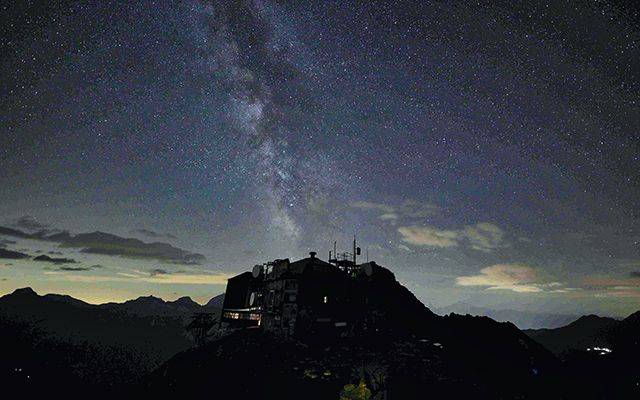
Subject matter experts are also featured in the video, sharing their professional input on the subject matter. Hubert Kössler, co-head of the pastoral care and medical ethics department at Inselspital, was among the experts who helped to inform the short film’s narrative. “The brainstorming sessions and interviews we had with Hubert supported us significantly,” explains Ines. “He was able to provide a neutral perspective, helping us to better understand the topic of quality of life from his point of view.”

“We hope the film can encourage people and their families”
The team shares that ‘Happy Hour’ has received positive feedback from the Parkinson’s community, with many praising the cast members for speaking so openly and honestly about their experiences.
Reflecting on the film’s outcome, Ines says: “We realise how important it is to give people with Parkinson’s a voice and a platform to be seen and appreciated as individuals.”
By sharing these stories, the neurologist and filmmaker duo hope to convey individual perspectives of those affected by the condition. “The impact of Parkinson’s on quality of life is very different for each person. No story is the same; no interpretation is the same,” says Bettina.
“The stories in the film illustrate this from different perspectives. We hope it can encourage people with Parkinson’s and their families, despite the difficulties they may face in their daily lives.”
Images courtesy of Bettina Rotzetter.
